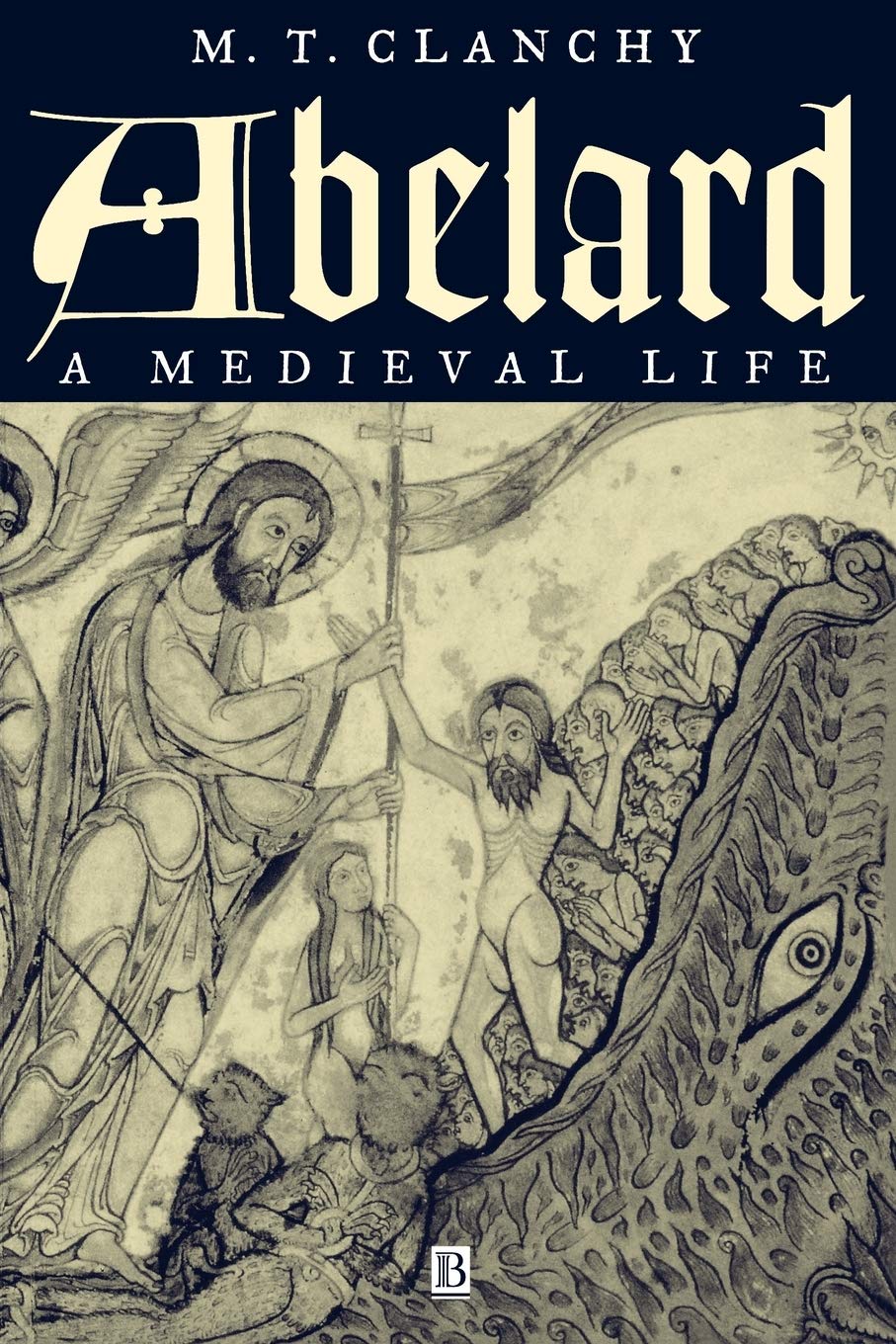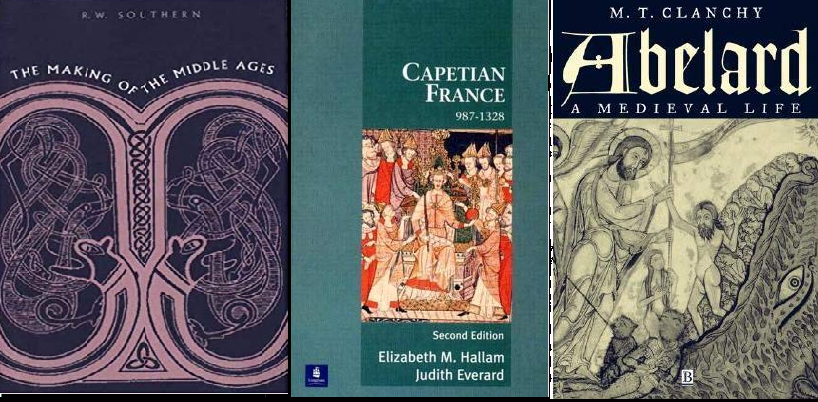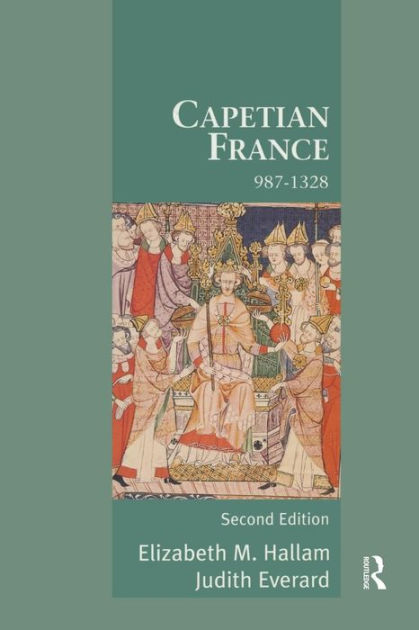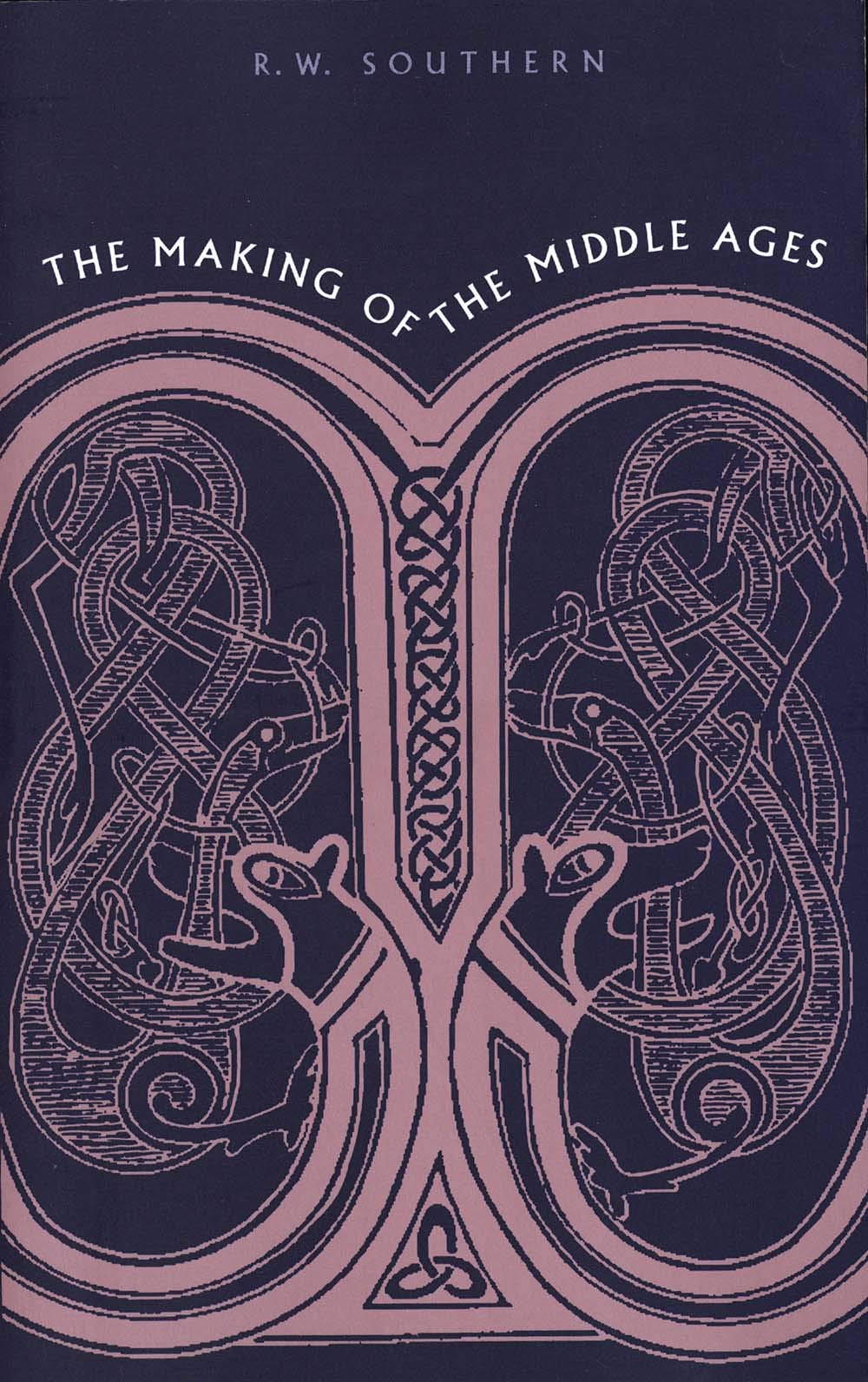
medieval france

The expansion of royal control by the House of Capet (987–1328), including their struggles with the virtually independent principalities (duchies and counties, such as the Norman and Angevin regions) that had developed following the Viking invasions and through the piecemeal dismantling of the Carolingian Empire and the creation and extension of administrative/state control (notably under Philip II Augustus and Louis IX) in the 13th century; and the rise of the House of Valois (1328–1589),
-

Clanchy's book is as much about introducing Abelard's historical context as it is about Abelard himself, and he manages to do this masterfully while never losing track of Abelard himself. Abelard's varied life is the perfect introduction to the world, as he hits on some many different areas in 12th century France. By making this a full length biography, a much fuller picture of Abelard the man emerges than time and space usually allow for, and Clanchy emphasizes the full spectrum of his life and not just what he is remembered for. I particularly appreciated the sections on his monasticism and religious beliefs because they were so important to Abelard himself but don't often get the attention they deserve. Clanchy's discussions of the persistent perceptions of Abelard in his own time as a troubadour and scholarly master despite the changing circumstances in his life and his own personal development show the source of this distorted focus.<br/><br/>For scholars or students already familiar with the basics, this work is useful because it explores in depth things like his relationship with the two most influential abbots of his day, Peter the Venerable and St. Bernard of Clairvaux, and offers compelling explanations of how they reacted so differently to Abelard, one condemning him in the harshest way possible and the other eulogizing him in exalted terms. Clanchy's most provocative statement has to do with considering Abelard and Bernard as being much closer to one another than either they themselves or almost anyone after them has allowed for, and he argues convincingly for this. He also interacts with Bernard's characterizations of Abelard throughout the book and not just in the section specifically dealing with their conflict, showing where Bernard was justified in his assessments of Abelard and where he was not. Heloise and her influence on his thought are also discussed in great detail throughout.
-

Capetian France 987–1328 is an authoritative overview of the country’s development across four centuries, with a focus on changes to the political, religious, social and cultural climate during this period.<br/><br/>When Hugh Capet took the throne of France in 987, his powers were weak and insignificant, but from an inauspicious beginning he founded a dynasty that was to last over 300 years and that came to dominate western Europe. This carefully updated third edition draws extensively on new scholarship that has emerged since the previous edition. It contains images, maps, family trees and a discussion of key sources, allowing the reader to develop a strong contextual knowledge as well as a greater connection with the material world of the period.<br/><br/>Maintaining a balance between a compelling narrative and an in-depth examination of central themes of the age, Capetian France 987–1328 provides a comprehensive account of this significant era within France’s history and is essential reading for all students of medieval France and Europe.
-

Distinguished historian presents an absorbing study of the main personalities and the influences that molded the history of Western Europe from the late tenth to the early thirteenth centuries—the formative period of modern Western civilization. R. W. Southern describes the chief forms of social, political, and religious organization, analyzing a wealth of concrete, highly significant episodes. He recaptures the personal experiences and the individual consciences of the men who guided 'the making of the Middle Ages.'